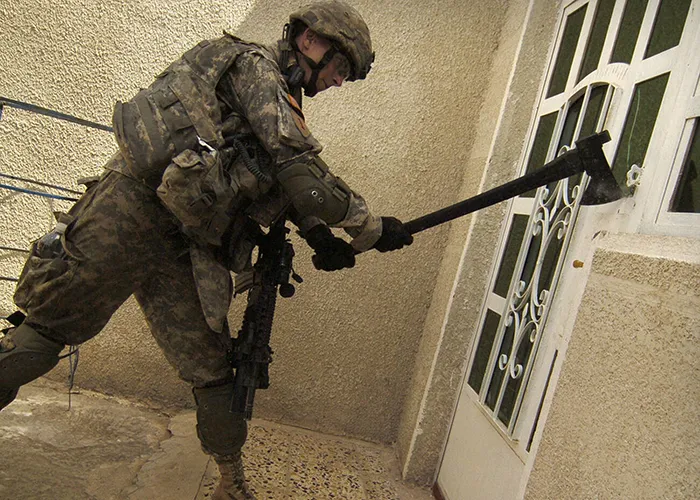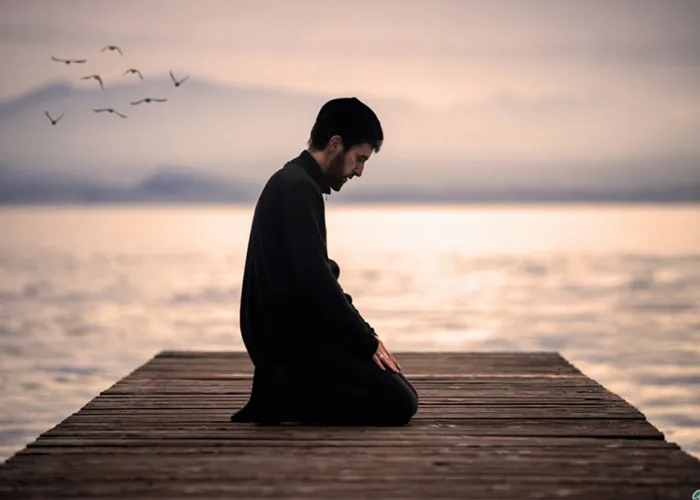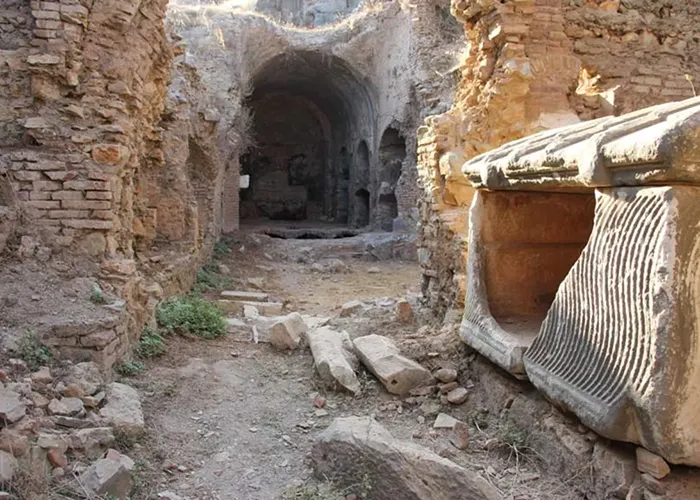religious-inquiries – volume01 Issue18
Imam Khamenei – Usurpation (Ghaṣb)
Q1. A person bought a piece of land. He noted the sale on a piece of paper in which the name of his minor child is written as the buyer. After being mature according to shar‘, the child sold the land to a third party. The inheritors of the person laid a claim to the land to the effect that it was theirs. Are they justified in contesting the right of the third party, given the fact that the name of the father is not mentioned in the document?
A: Mentioning the name of the child in the document per se is not a yardstick for ownership. However, if it is established that the father bought the land with his own money, and then relinquished it to his son by way of gift or ṣulḥ, the land is rightfully his. If, after his shar‘ī puberty, he sold it to a third party in a proper way, no one has the right to contest the buyer’s ownership of the land or take it away from him.
Q2. I have been among a chain of people who changed hands in buying the same plot of land. However, I built a house on the land. A person has come forward, claiming that the land is his. He produced a document, dating back to the days prior to the revolution, to this effect. Accordingly, he filed a lawsuit against me and a number of my neighbours.
Would my exercising the right of ownership over this land amount to usurpation?
A: Buying the land from the previous proprietor should, according to the sharī‘ah, be deemed correct, and so is the ownership of the land. So, unless the claimant establishes his legal ownership of the land in court, he has no right to contest the ownership of the present proprietor of the land.
Q3. Is it permissible to build a masjid on a piece of land that had been confiscated by a court injunction without the consent of its previous owner? And is it permissible to hold prayers and other acts of religious worship in such a masjid?
A: If the land had been taken away from its previous owner by the order of a shar‘ī court, or in accordance with law that is being enforced by the Islamic state, or the shar‘ī ownership of the claimant is not proven, using the land is not contingent upon the permission of the person who is claiming ownership or the previous owner. Accordingly, there is no objection to building the masjid on the land. Nor is there an objection to holding prayers and other religious rituals there.
(Source: Practical Laws of Islam – Imam Khamenei, leader.ir)
Ayatollah Sistani – Usurpation (Ghaṣb)
Usurpation is when a person unjustly takes control over the property or right of someone else. It is something that the intellect, Qur’an, and traditions all judge to be unlawful (ḥarām). It has been reported that the Most Noble Messenger (Ṣ) said, ‘Whosoever usurps one span of land from another, seven layers of that land will be hung around his neck like a collar on the Day of Resurrection.’
Ruling 1. If a person does not allow people to make use of a mosque, school, bridge, or any other place that has been built for public use, he will have usurped their right. If a person reserves a place for himself in a mosque and someone drives him out of that place and does not allow him to make use of it, he will have sinned.
Ruling 2. If an item that has been deposited with someone is usurped by a third party, both the owner of the property and the depositee can claim the usurped item from the usurper. In the event that they take the item back, it will be considered a deposited item once again.
Ruling 3. If a person usurps property that belongs to a child or insane person, he must return it to their guardian (walī). If the property is destroyed, he must replace it.
Ruling 4. If a person mixes something that he has usurped with something else – for example, he mixes wheat that he has usurped with barley – then, in the event that it is possible to separate the two items, even if it requires some effort, he must separate them and return the usurped item to the owner.
Ruling 5. If a person usurps an item and another individual usurps it from him and it is destroyed, the owner can claim its replacement from either of the two usurpers, or he can claim some of it from each of them. In the event that he takes its replacement from the first usurper, the first usurper can claim what he gives him from the second usurper. However, if the owner takes the replacement from the second usurper, the second usurper cannot claim what he gave him from the first usurper.
(Source: Ayatollah Sistani’s rulings, sistani.org)
Ayatollah Makarem Shirazi – Usurpation (Ghaṣb)
The Meaning of Ghasb
Issue No 1 – Usurpation means that a person unjustly seizes the property or the right of another person. This is one of the major sins and one who commits it will be subjected to severe chastisement on the Day of Judgment, and painful consequences in this world. It has been reported from the Holy Prophet (pbuh) that “whoever usurps one span of another’s land, seven layers of that land will be put round his neck like a yoke on the Day of Judgment”.
Dominance Over Beitulmaal
Issue No 2 – Seizing the properties of the baytulmāl of Muslims without having a right over it, is also counted as usurpation and is subject to all the rules of usurpation involving greater responsibility in some respects.
Obligation of Repaying the Usurped Property
Issue No 3 – It is obligatory for a usurper to return the property that he has usurped to its owner as soon as possible, and the more he delays in returning the usurped object, the more sins will be recorded for him, and if it perishes, he must give him its substitute.
Who Is Entitled to The Benefit of Usurped Property during the Usurpation?
Issue No 4 – If some benefit is accrued from a usurped thing, for example, if a lamb is born of a sheep which has been usurped or fruit is obtained from a usurped orchard, they all belong to the owner of the property, though the usurper may have spent time or his energy, etc. on it. Moreover, if a person usurps a house, even if he has not used it, he should pay its rent at the normal rate for the period it has been in his possession. The same applies if he usurps other properties such as cars, etc.
Mixing Usurped Property with Other Things
Issue No 5 – If a usurped thing is mixed with another, and if it is possible to separate them, he should separate them though it may involve hardship for him, and should return the usurped thing to its owner. And if he has placed it in a faraway place, he will bear all the expenses of transferring that property to its owner.
editor's pick
news via inbox
Subscribe to the newsletter.




